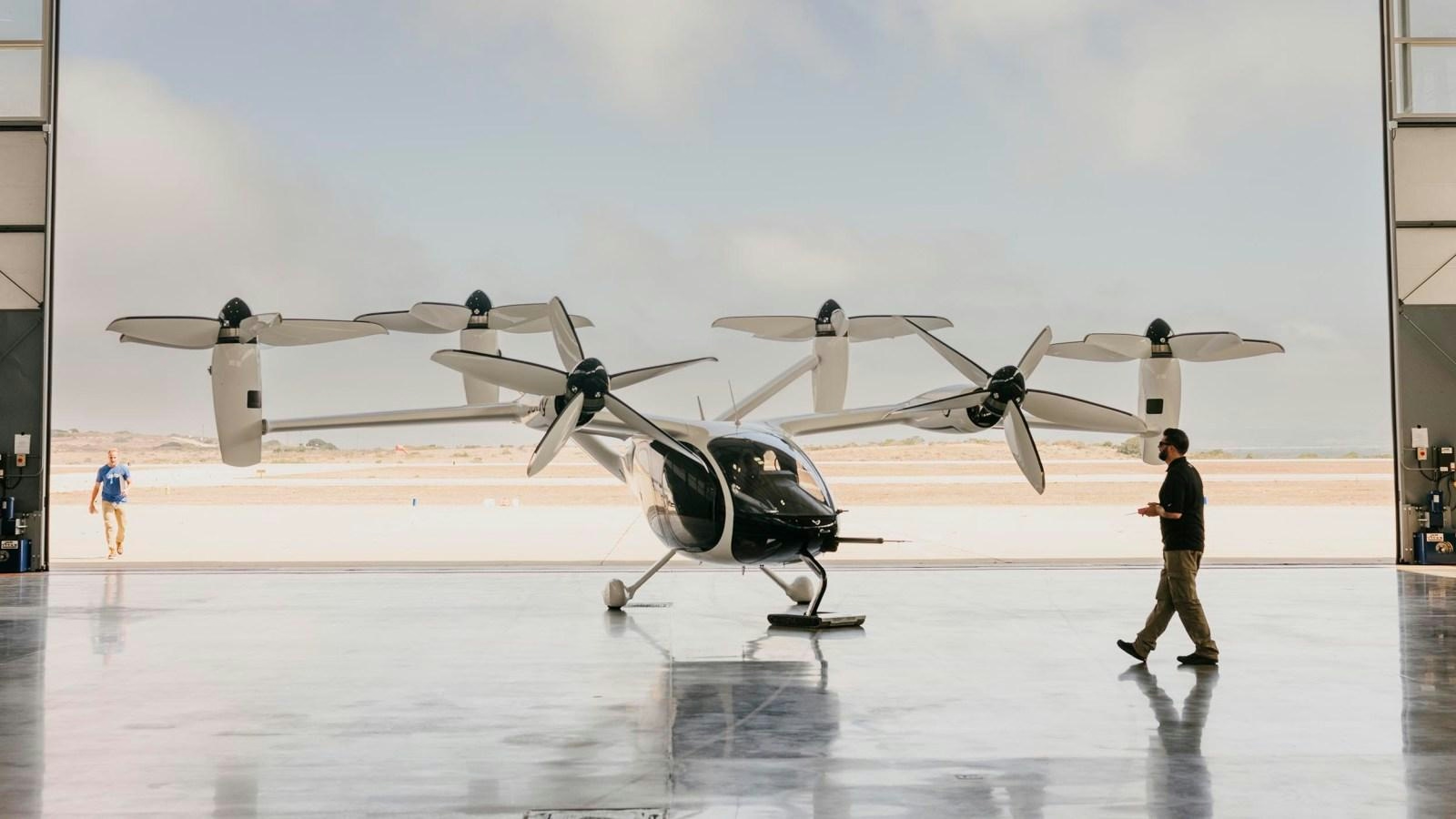AeroGenie — 您的智能副驾驶。
热门趋势
Categories
Manufacturer Reaches Agreement to Introduce Flying Taxis in the U.S.

Manufacturer Reaches Agreement to Introduce Flying Taxis in the U.S.
Electric air taxis are poised to transform urban transportation in the United States, offering a cleaner and more efficient alternative to traditional vehicles. Eve Air Mobility has entered into a strategic agreement with Future Flight Global to deliver 54 electric vertical takeoff and landing (eVTOL) aircraft to markets in the U.S. and Brazil, according to AeroTime. This partnership seeks to accelerate the adoption of sustainable air travel solutions in densely populated cities, where congestion and pollution remain pressing concerns.
Advancing Urban Air Mobility with eVTOL Technology
eVTOL aircraft are engineered to operate above ground-level traffic, significantly reducing commute times while producing minimal noise and zero tailpipe emissions. Megha Bhatia, Chief Commercial Officer at Eve Air Mobility, described the agreement as a “significant step forward for Urban Air Mobility in the Americas.” Unlike conventional helicopters and airplanes that depend on fossil fuels, these fully electric vehicles promise lower maintenance costs and the potential for more affordable rides. Their deployment could contribute to a marked reduction in urban air pollution and noise, addressing two critical challenges faced by modern cities.
Challenges and Industry Momentum
Despite the promise of eVTOLs, several obstacles remain before widespread adoption can be realized. Regulatory approval is a major challenge, as aviation authorities must rigorously assess the safety and reliability of these novel aircraft. The development of necessary infrastructure, including vertiports and charging stations, is also crucial to support operational demands. Furthermore, public skepticism and safety concerns may slow initial acceptance, with both consumers and investors closely monitoring the technology’s progress.
Nevertheless, the eVTOL sector is attracting substantial investment and competitive activity. Industry players are accelerating development efforts and increasing funding to capitalize on the growing momentum. For instance, Joby Aviation’s recent acquisition of Blade Air Mobility aims to expedite its entry into the U.S. flying taxi market. Meanwhile, European companies such as Germany’s EDAG Group and Austria’s CycloTech are also advancing their eVTOL projects to serve urban commuters.
Outlook and Future Prospects
Industry analysts, including those at Deloitte, forecast that eVTOLs could become mainstream by the 2030s as technological advancements and regulatory frameworks mature. The U.S. and Brazil will serve as initial testing grounds, with Future Flight Global’s CEO Karan Singh indicating plans to expand operations into other high-demand regions in the near future.
While eVTOLs remain in the early stages of development, their potential to revolutionize urban mobility and reduce environmental impact is considerable. In the interim, consumers can contribute to cleaner transportation by adopting electric vehicles for daily use. Although electric vehicles require mineral extraction for battery production, their overall environmental footprint is significantly lower than that of fossil fuel-powered alternatives.
As competition intensifies and innovation accelerates, the coming years will be critical in determining how swiftly flying taxis can overcome regulatory, technical, and market challenges to become a common feature in city skies.

Four Gateway Towns to Lake Clark National Park

PRM Assist Secures €500,000 in Funding

InterGlobe Aviation Shares Rise 4.3% Following January Portfolio Rebalancing

Key Market Segments Shaping Airline Route Profitability Software

Locatory.com Gains Traction Among Aviation MROs and Suppliers

58 Pilots Graduate from Ethiopian University

The Engine Behind Boeing’s Latest Widebody Aircraft

UBTech Shares Rise After Airbus Orders Humanoid Robots

Boeing’s Widebody Jet Sales Surge Signals Shift in Global Air Travel

French Aircraft Design Claims to Reduce Energy Consumption by Elevenfold
